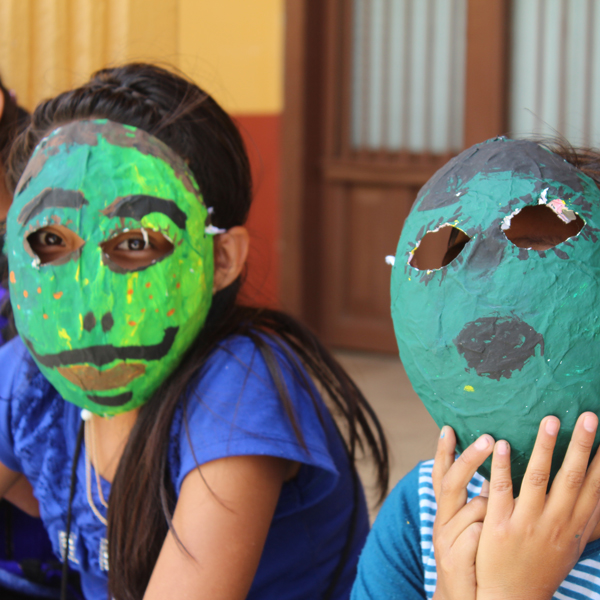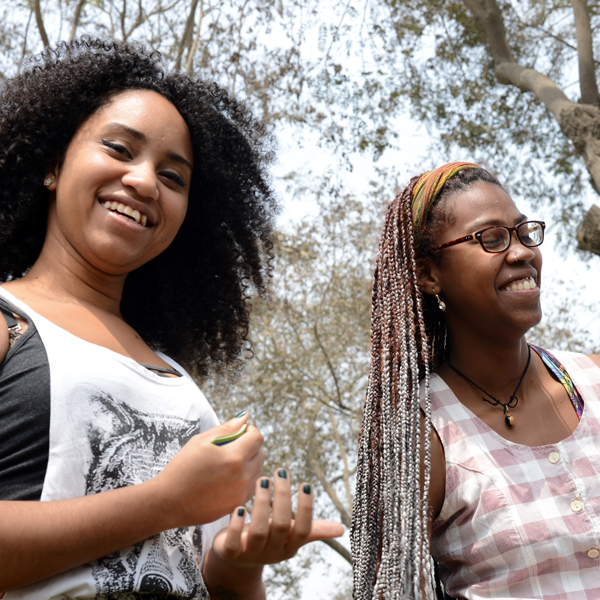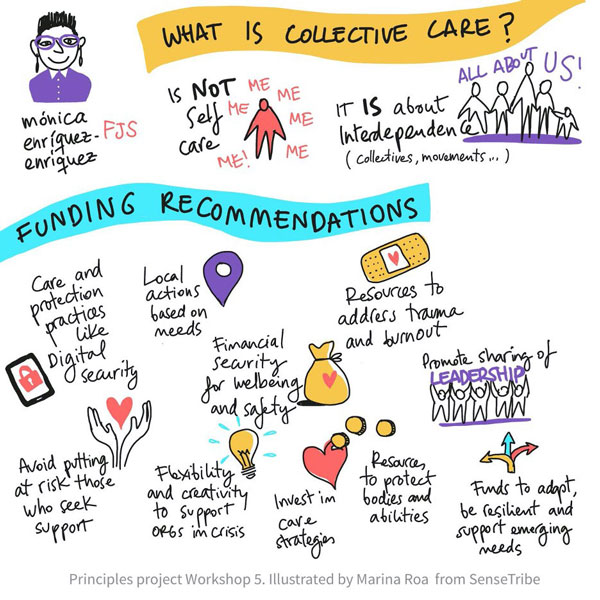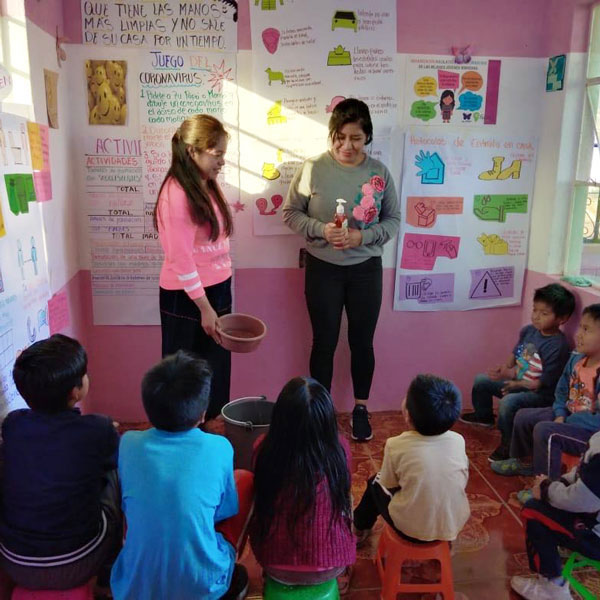A quarterly collection of inspiring reads, listens, and updates dedicated to children’s rights, youth-led change, and grassroots power. At Global Fund for Children, we’re excited to have you join us here for a more playful approach to explore new questions, ideas, and practices that shift power to create a future where all children and youth are safe, strong, and valued.
In this issue, we explore:
- How can we reimagine funding for youth action?
- How can we embrace facilitation as a way to shift power?
- How can we foster transformative spaces for peer learning in partner cohorts?
How can we reimagine funding for youth action?
GFC believes we owe young people more than a return to normal as the world takes steps to recover from the COVID-19 pandemic. In this OECD Forum Network article, “Let’s truly invest in the power of youth,” we share that if we listen to youth voices and invest in youth-led organizations, we can build not only a better normal but also a future that disrupts deep-rooted inequalities.
Earlier this August, we celebrated International Youth Day with youth leaders and funders from across the world at a virtual event. Co-organized with CIVICUS and Restless Development, the event brought together 100 participants from across youth civil society, philanthropy, and global development to discuss overcoming resourcing challenges for youth-led change.
We captured what we heard in the article “It’s time to change the future of funding for youth action,” published by Alliance. The piece makes a strong call to reframe grantmaking as partnerships, meet youth where they are, and decolonize the grant application process. We also gathered resources into a new Resources Map for Youth-Led Organizations and Donors.
A special thanks to GFC’s event co-organizers, CIVICUS and Restless Development, and our special guest changemakers from the Compact for Young People in Humanitarian Action, Women Win, the Global Resilience Fund, CHOICE for Youth and Sexuality, and La Múcura Arte y Transformación Social.
Thank you also to young spoken word artist and Nigerian activist Bukumi, who concluded the event with an inspiring poetry reading about the power of youth.
How can we embrace facilitation as a way to shift power?
Grantmakers and funders might not often think of themselves as facilitators, but at GFC, facilitation is often at the heart of what we do. We organize convenings and virtual learning calls for our grassroots partners to learn, share, and develop new relationships as part of their journey to strengthen their organizational capacities and advocate for children’s rights.
GFC Program Manager for the Americas Rodrigo Barraza and former Capacity Development Adviser Titos Escueta recently led the GFC Programs team through a series of workshops exploring facilitation as a way to shift power. Rodrigo, who has more than ten years of experience facilitating spaces and processes with young people and grassroots leaders, recently shared some of his most significant lessons learned about why we facilitate and why intentional facilitation matters in social change:
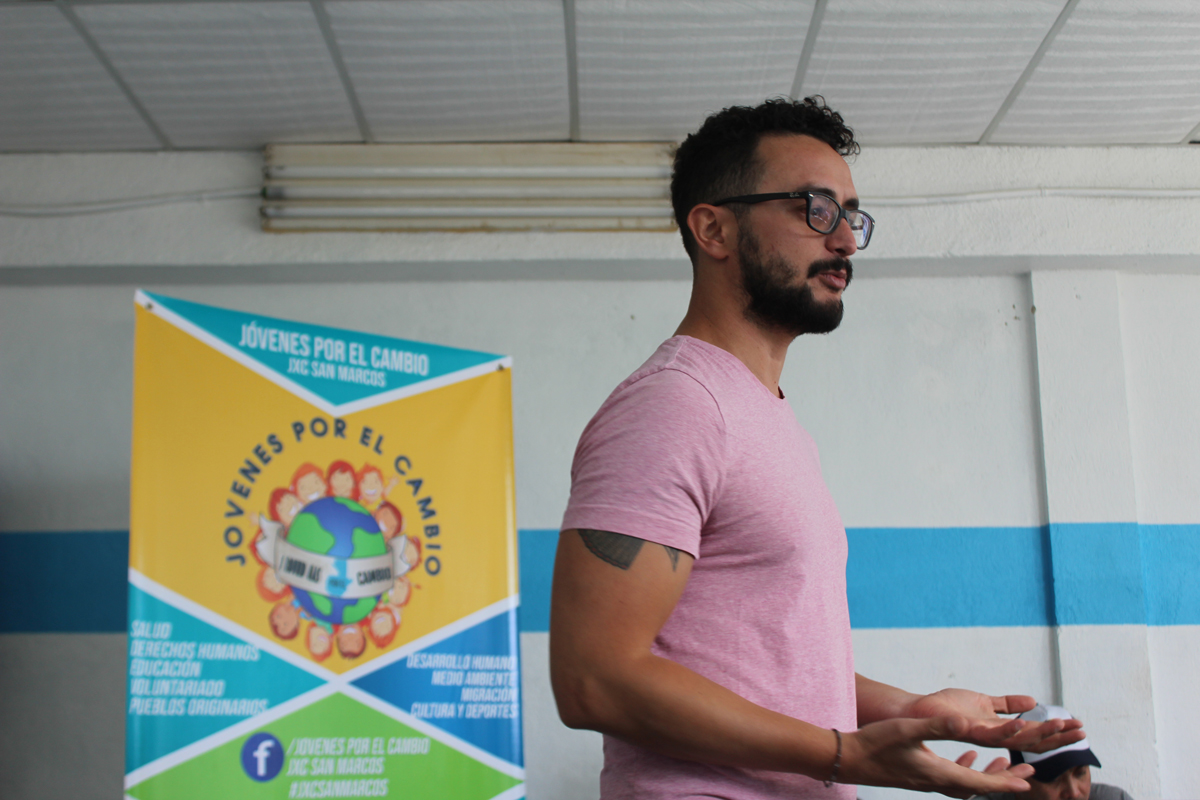
- Facilitation is a labor of care that can help build, strengthen, and heal relationships that can change the world. A starting point when designing a session should be, “How do I want participants to feel?” rather than first focusing on, “What do I want people to learn or do after this session?”
- Facilitated spaces can help us see that many of our pains and fears are shared, and that together we are better able to overcome them. Facilitation builds inclusive spaces where diversity is always recognized, honored, and respected by everyone. It requires that we as facilitators are open to the unexpected so that we can create space to build collectively. Facilitation is not imposing an agenda.
- Facilitators help build new languages. The act of facilitating helps us see with different eyes, question ourselves, and sometimes speak the unspoken. Facilitation helps us discover our transformational power to promote liberation, fostering the critical thinking of participants and giving them the space to discover how they can transform their reality as protagonists of their own story.
Rodrigo shared some of his favorite facilitation resources with us, including some in Spanish from Latin America.
- Games for Actors and Non-Actors
- Training for Change Designing Dynamic Spaces Online virtual workshop
- Visión Colectiva: Somos lo que soñamos
- Técnicas participativas para la educación popular
To read more about Rodrigo’s perspective on facilitation, click here.
How can we foster transformative spaces for peer learning in partner cohorts?
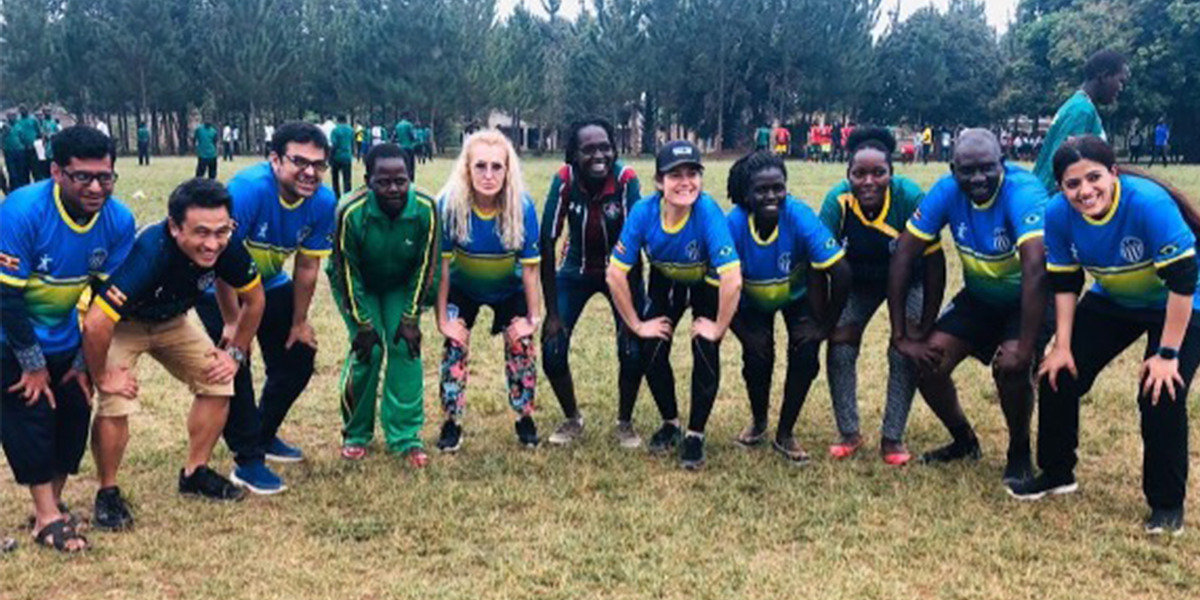
GFC engaged in a journey with 12 partners from around the world as part of Step Up, a three-year initiative carried out between 2018 and 2020 that was designed to strengthen the long-term capacity, effectiveness, and sustainability of participating organizations, making them better able to contribute to the protection and wellbeing of children and youth in their communities.
In early 2021, we engaged in a participatory learning process to understand what the Step Up journey meant to our partners as individual leaders and organizations, and what it meant to us at GFC.
Some of the key learnings that emerged include the importance of centering relationships and appreciating the values, histories, and experiences that we bring to social change work while we create space to foster connections as people and not only as representatives of organizations. We also heard about the power of reflective spaces to foster transformation in ways that do not aim to train or teach technical content but draw upon the strengths of all present to unpack critical issues. Participants also reflected on power relations within organizations, between organizations and communities, and between funders and their partners.
These learnings are best captured in our partners’ words:
“I have realized that if we strengthen our team, we can take better care of the communities,” one participant said.
“Leadership is a process, I learned,” another participant said. “For leaders, as much as it is difficult, be open to your own learning.”
Learn more through this blog post by GFC Vice President of Programs Corey Oser and hear from Step Up participants in this recording of our July 8 webinar.
#INSPIRED
In this video, 13-year-old Massa tells the world why it’s important for teenagers’ voices to be heard on the issues that impact them.
Massa is a participant in GFC partner organization CASE SALONE’s girl-centered programming that includes skill building for public speaking. She spoke during a November meeting with organizations from Liberia and Sierra Leone that are participating in GFC’s Ending Violence, Empowering Girls initiative.
Last but not least. . .
Across portions of the eastern US this spring and early summer, cicadas became the hot topic for conversation at virtual meetings. GFC was no exception. While some of us adults dreaded going outside in the Washington, DC, area, children were delighted by these creatures that emerge from the ground once every 17 years. For grown-ups, it was delightful to see kids’ curiosity and fearlessness as they watched the red-eyed bugs shed their shells and climb up into tree branches. Here at GFC, most of us are glad the cicadas have passed, but little did we know that cicadas might have taught us some life lessons.
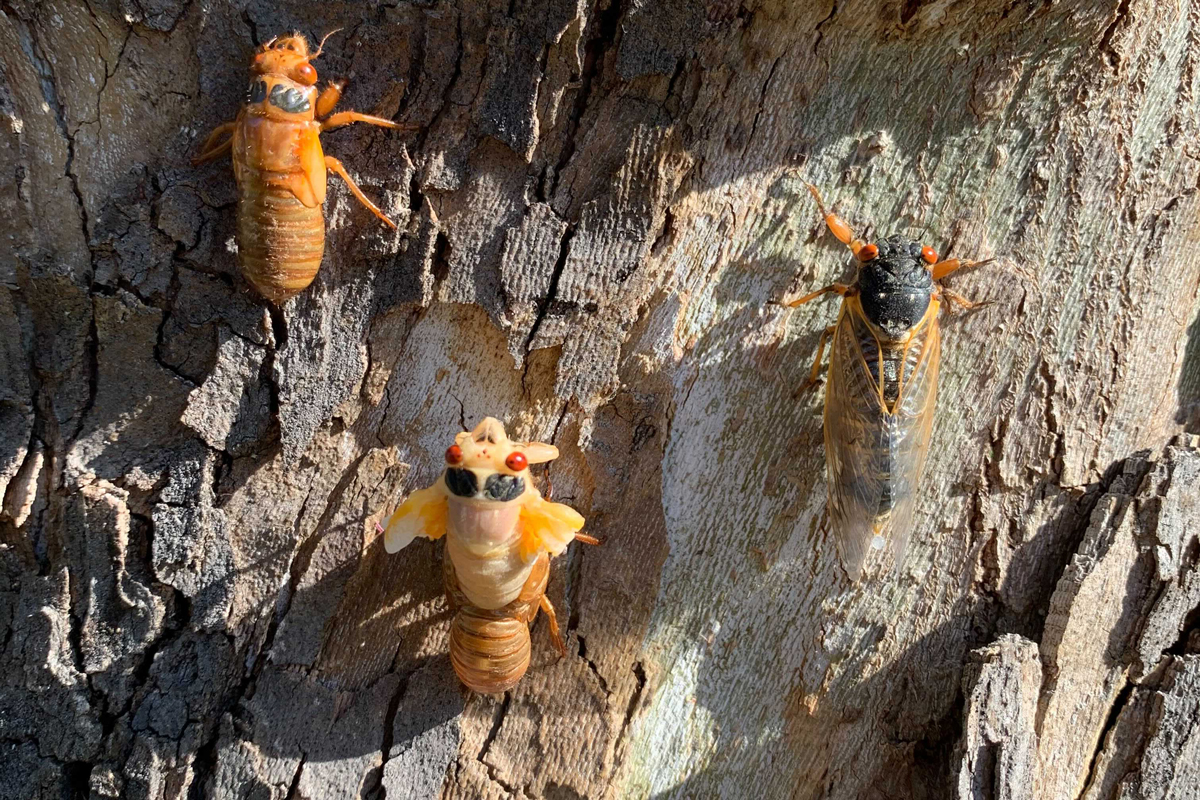
If you missed our first-ever Learning Playground blog, check it out here.
Stay in touch!
Instagram | Facebook | Twitter | LinkedIn | YouTube
Sign up for our email updates, including our Grassroots Review and Partner Spotlights!
Header photo: GFC Program Manager for the Americas Rodrigo Barraza participating in an activity with children in Chiapas, Mexico. © GFC
